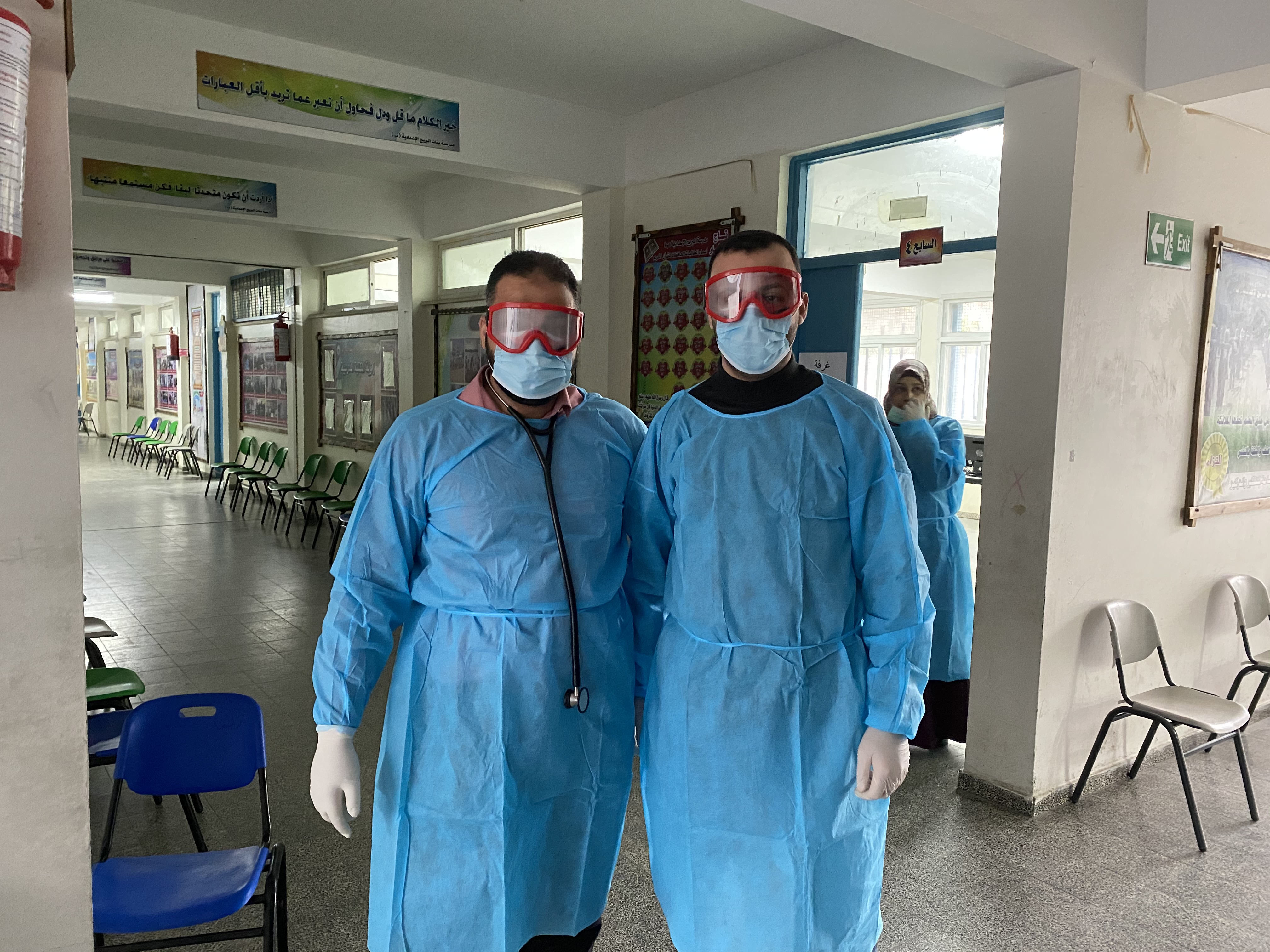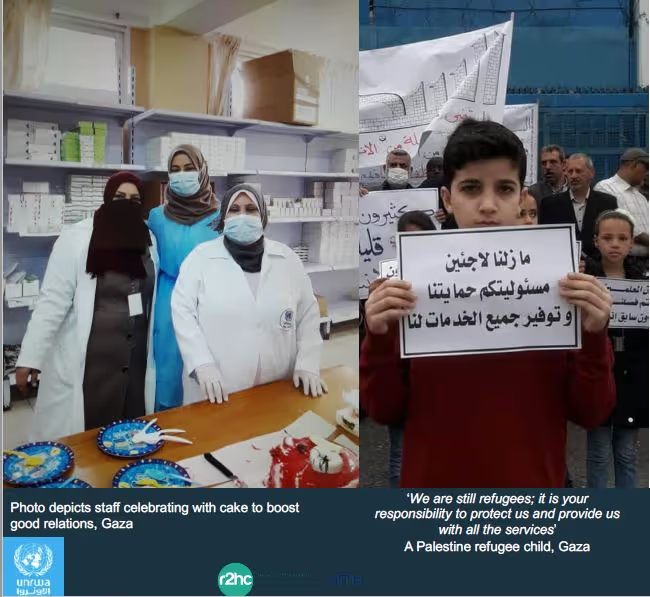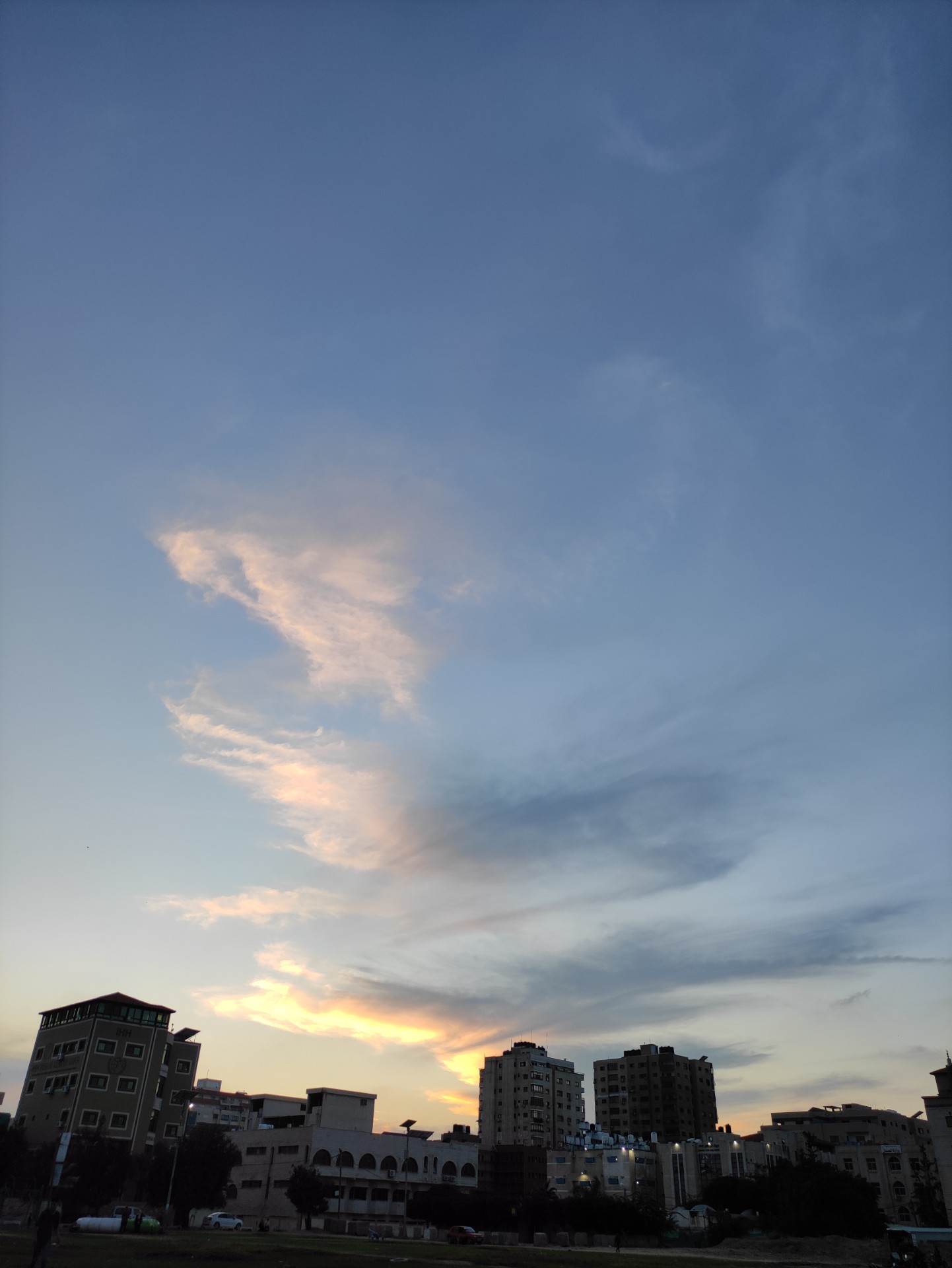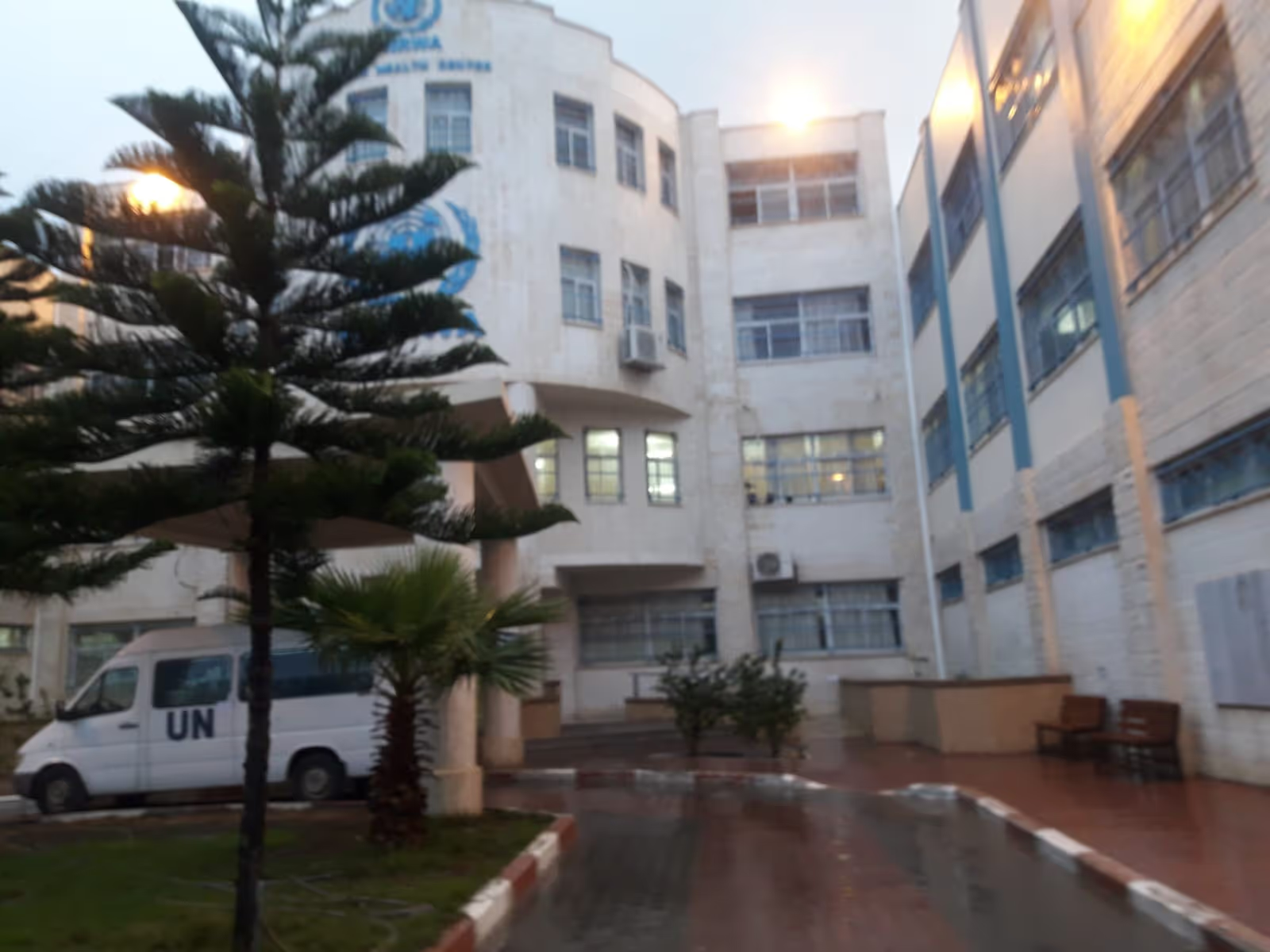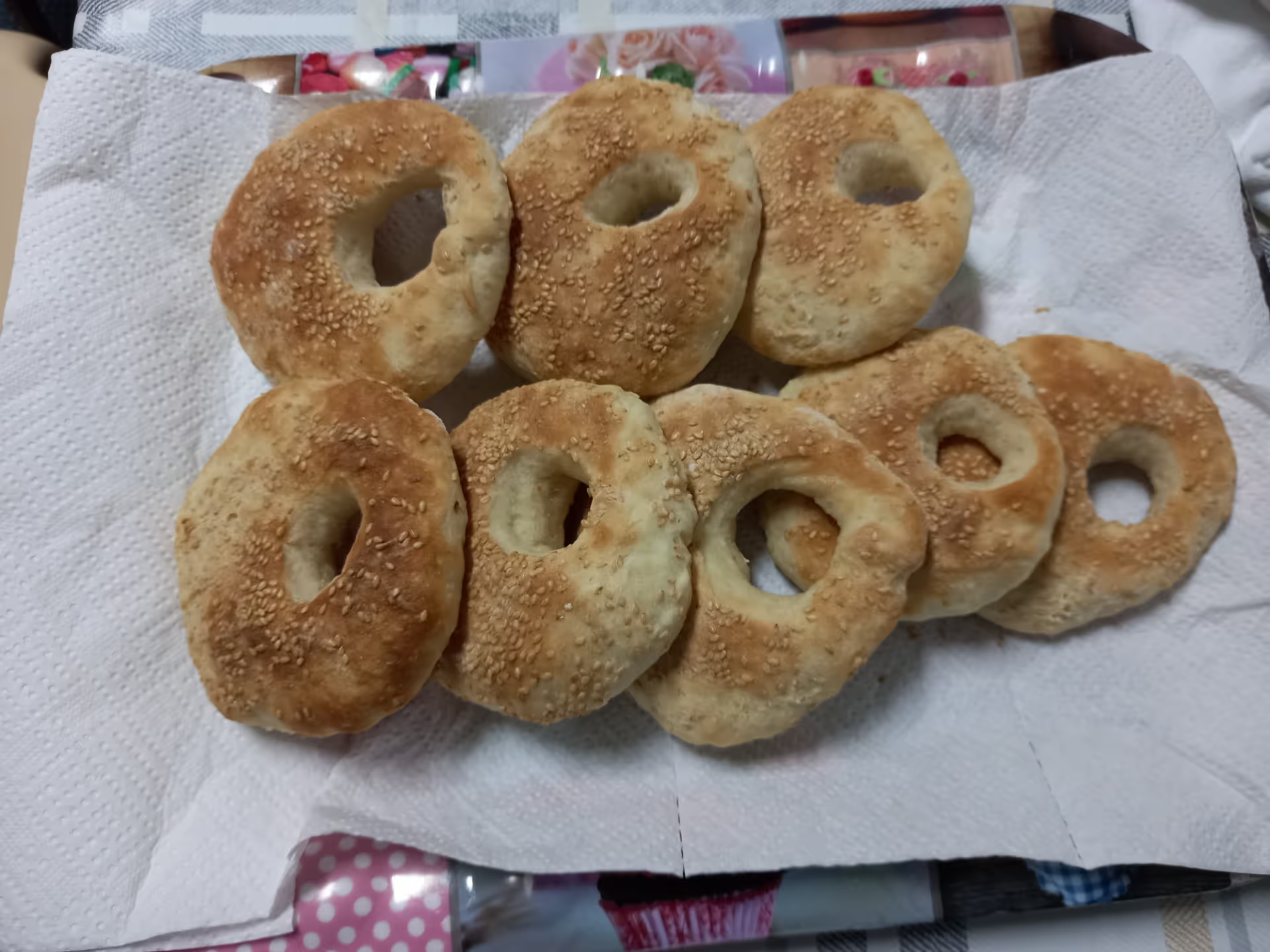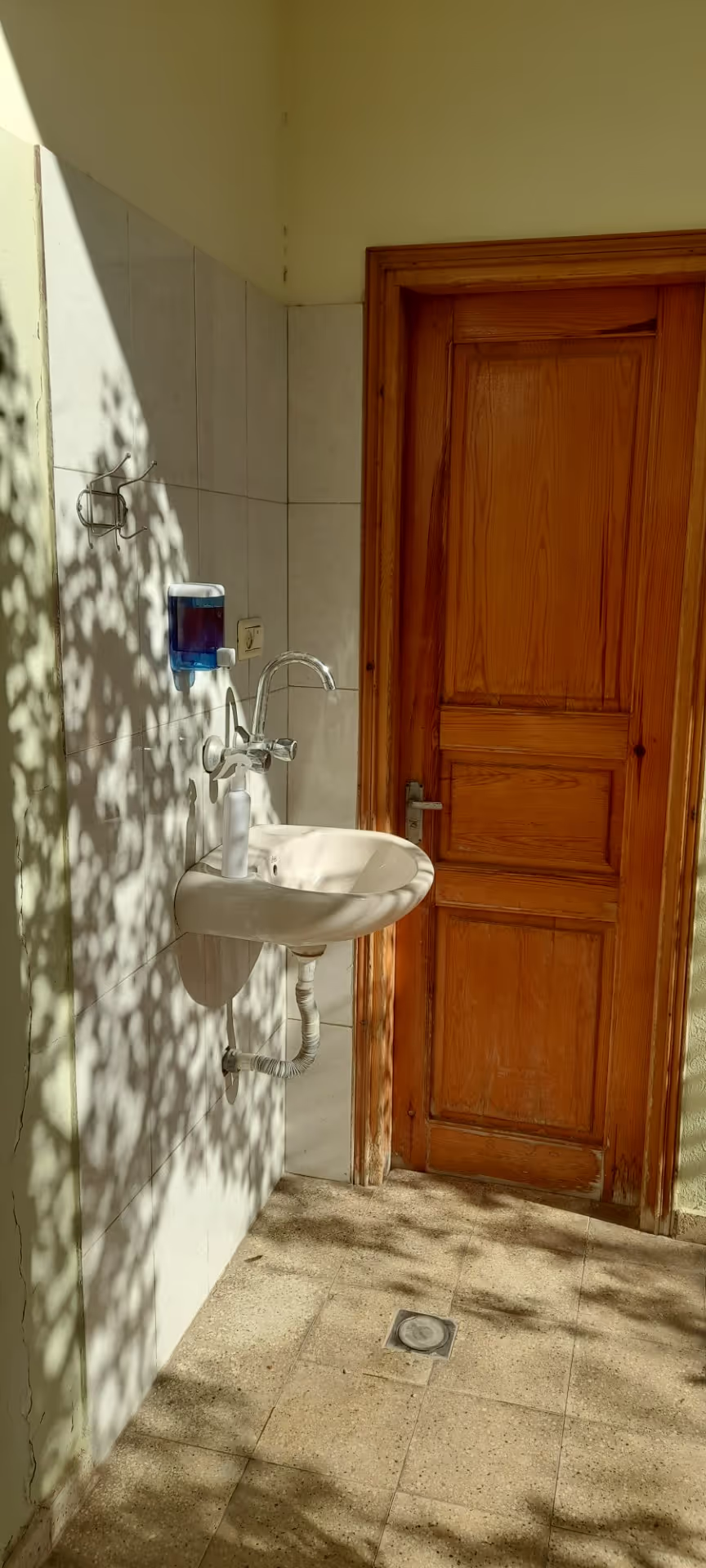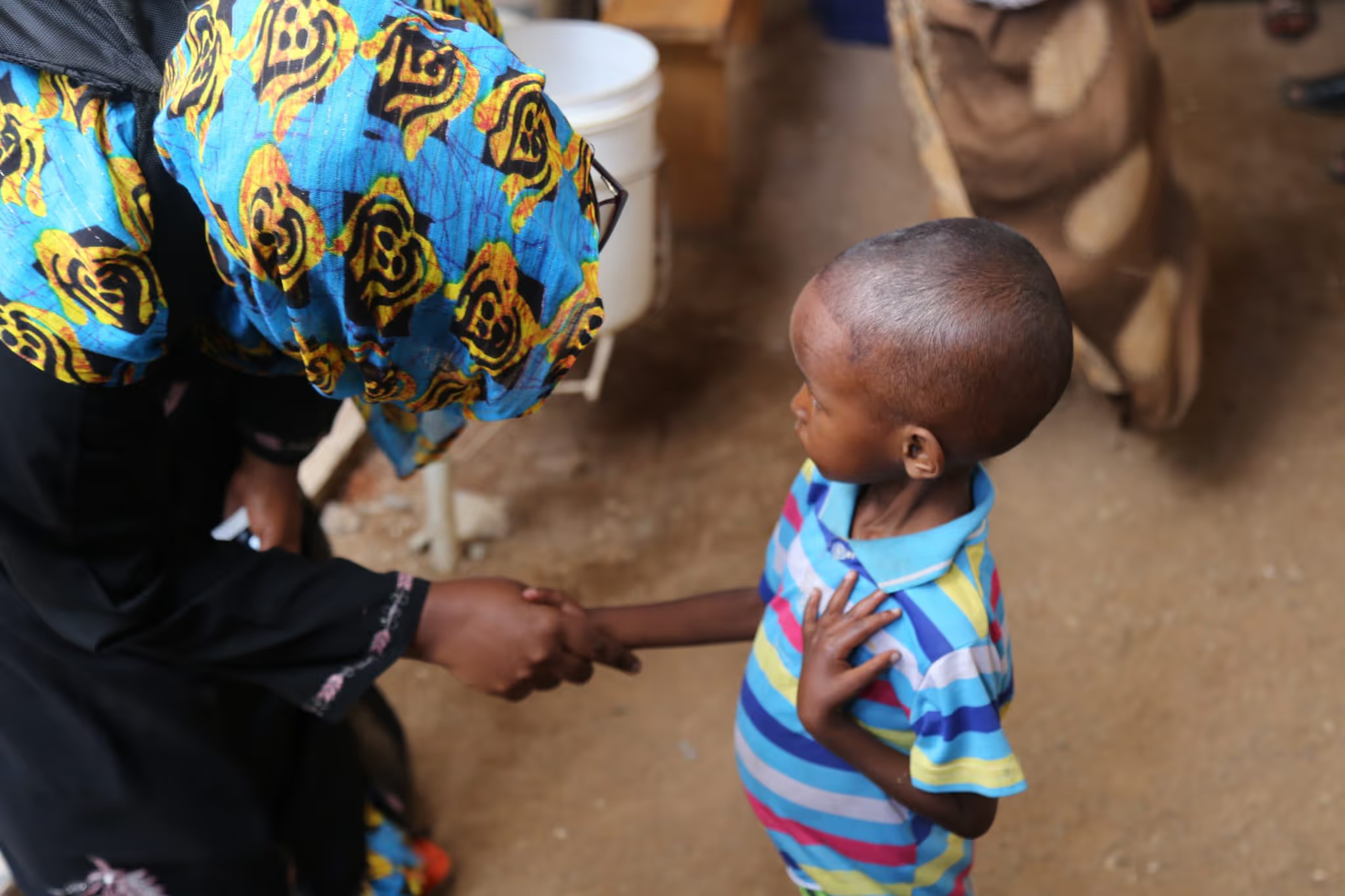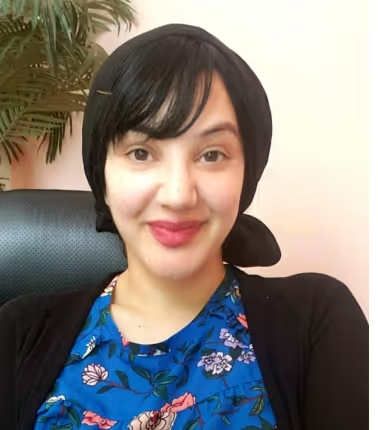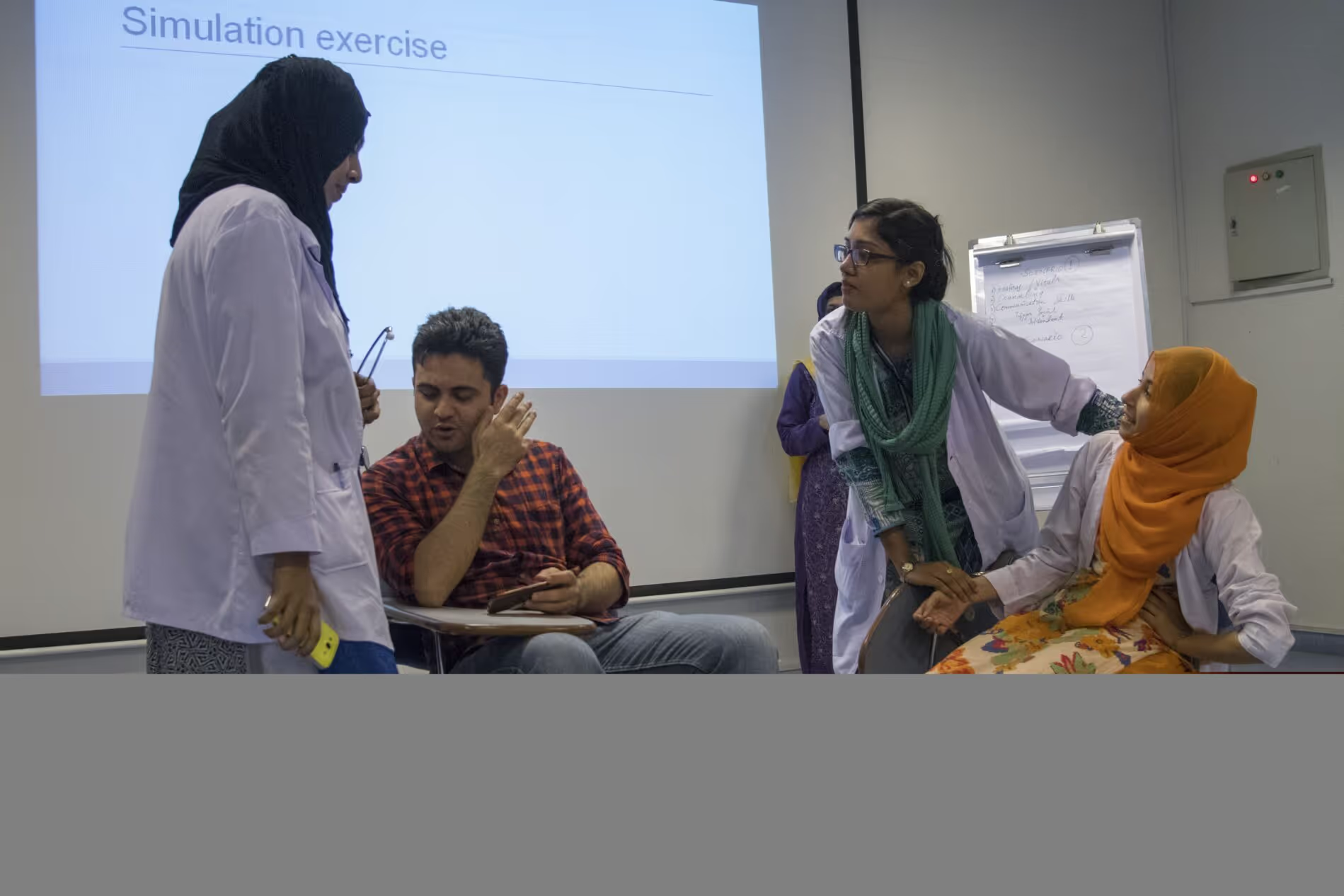Health system and community responses to COVID-19 among Palestine refugees in Gaza and Lebanon
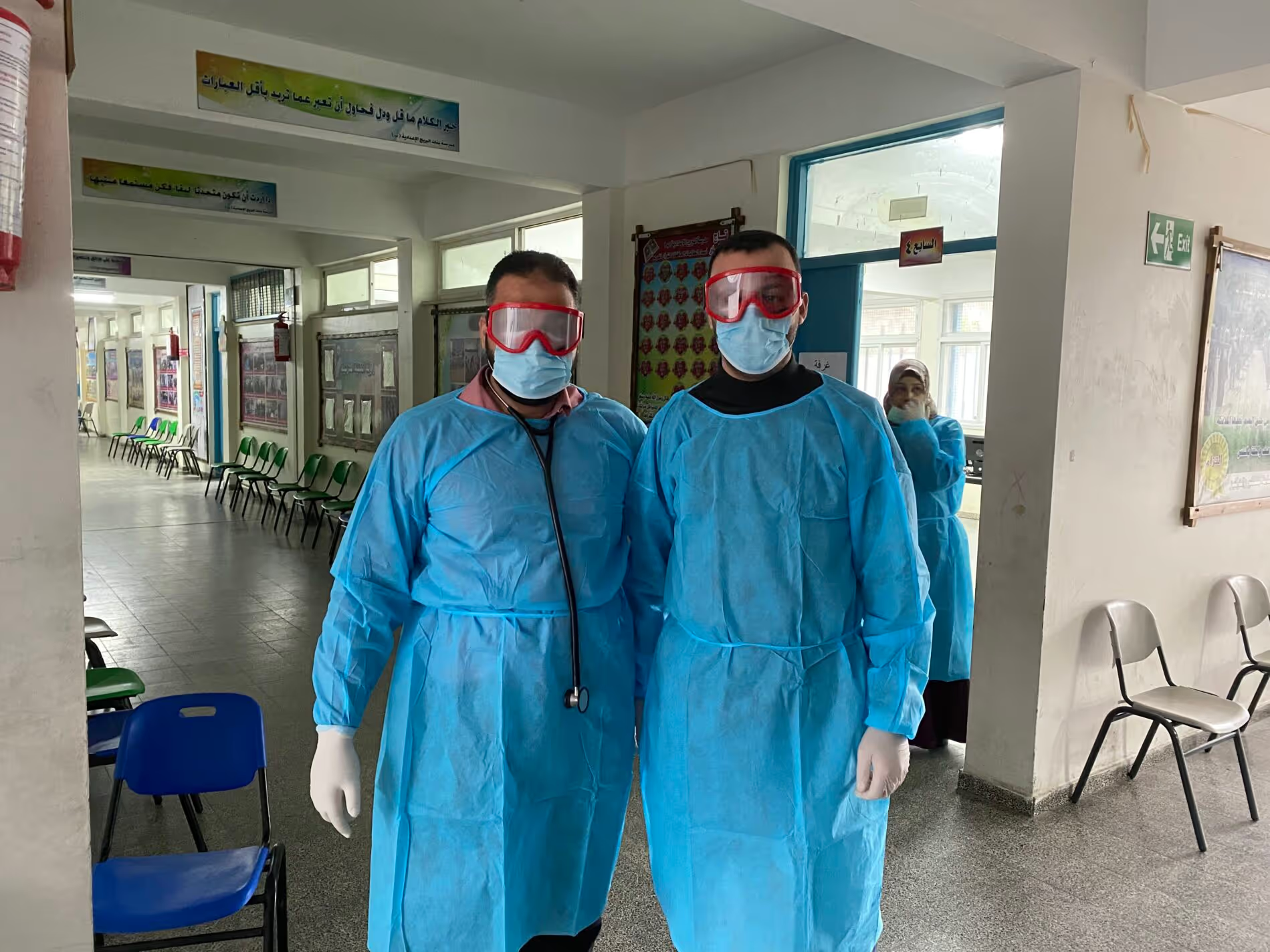
Project overview
This project studies the resilience of UNRWA health systems, and health and social care workers, as well as Palestine refugees living in crowded settlements in Gaza and Lebanon, in the context of COVID-19.
Countries
Lebanon
Palestine
Organisations
No items found.
Partners
United Nations Refugee and Works Agency for Palestine Refugees in the Near East
Area of funding
Humanitarian Research
Grant amount
£42,437.00
Start date
01
May
2020
End date
01
May
2021
Project length (in months)
12
Funding calls
Focus areas
No items found.
Topics
COVID-19
Status
Closed
Project solution
This project offers [specific solution or intervention] to tackle [challenge]. By implementing [strategies, tools, or innovations], the project aims to achieve [desired outcomes]. The approach is designed to [specific actions or methods] to bring about meaningful change in [community, region, or issue area].
Expected outcomes
This project aims to achieve [specific outcomes], such as [measurable results, improvements, or changes]. The expected impact includes [benefits to the target community, advancements in research or innovation, or long-term effects]. By the end of the project, we anticipate [specific changes or milestones] that will contribute to [broader goals or objectives].
Principal Investigator: Dr. Karin Diaconu (Queen Margaret University)
Research Snapshot: Trust and resilience during COVID-19
This study involved a specific health system, the United Nations Refugee and Works Agency in the Near East (UNRWA), focusing on Gaza and Lebanon. They aimed to find out if and how UNRWA is resilient in the face of COVID-19 and what factors were at the core of this resilience, including whether the community’s trust in UNRWA as a service provider played a role.
[.cta_link]View snapshot[.cta_link]
What did the study set out to achieve?
The study aimed to understand how health systems can be resilient in their response to the COVID-19 pandemic and disease outbreaks generally, particularly in contexts where systems cater to the needs of refugees living in densely populated areas. Further to this, the study explored how community trust relates to the resilience of systems, including the effectiveness of their routine delivery of services and epidemic response measures.
The study sought to inform UNRWA’s response to the COVID-19 pandemic in Gaza and Lebanon by making findings on stressors and wellbeing, and resilience of communities, health and social care workers, and wider UNRWA systems, available to decision-makers to inform contextually tailored pandemic responses. Findings on how trust in UNRWA relates to the effectiveness of both routine service delivery and COVID-19 response in the two settings will inform programming of UNRWA and other agencies operating in the region.
The project paid particular attention to the needs and outcomes of persons affected by chronic diseases, mothers and children and disabled populations. More widely, findings will contribute to ongoing debates on health system and community resilience, including on how best to nurture resilience capacities in other health systems globally.
What were the key findings?
- UNRWA health systems in Gaza and Lebanon adapted service delivery and introduced new services to meet the needs of populations during COVID-19.
- Emergency preparedness and planning is a core resilience capacity of UNRWA which has been honed across multiple security related shocks. While COVID-19 was a new type of shock, the agency used similar strategies for preparedness, including collaboration and communication via emergency coordination bodies and shared decision-making with field offices.
- The ability to rapidly innovate and adapt service delivery strategies, and implement and evaluate strategies in real time, allowed the agency to deploy effective responses. A learning culture was also key.
- Described as “a pillar” and “a unifying body” by Palestine refugees surveyed, UNRWA is constantly expected to provide more and better services.
What does this mean for policymakers and practitioners?
While this research was conducted within a specific health system, lessons may be widely useful to other systems dealing with a long-term humanitarian crisis.
- Humanitarian practitioners and policymakers should consider the diverse underlying capacities that sustain health system resilience
and invest in strengthening these collectively rather than focusing on single targets. - While emergency preparedness and planning may be critical to meeting challenges like COVID-19, preparedness and planning is only effective where collaborative structures and networks exists which can implement, review and revise plans as necessary. At UNRWA, the collaboration between Health and Education Programmes and the joint decision making with the Gaza Field Office enabled the prompt establishment of medical points at schools, two months after the inception of the pandemic, to serve as triage.
- A culture of learning, rewarding employee innovation in service delivery and allowing real time adjustment of responses, is critical in
sustaining resilience in the face of immediate shocks and longer-term stressors. - Demonstrating compassion towards beneficiary populations, providing services consistently and being responsive to community needs create a sense of belonging, a key driver of trust.

No items found.
Project delivery & updates
Stay up to date with the latest developments from this project. Here, you will find details on what has been delivered, resources created, and regular updates as the project progresses. Access key documents, reports, and other materials to see how the project is making an impact.
No resources/updates have been published yet for this project. Sign up for our newsletter to stay informed about upcoming publications and updates!
Join our Newsletter
Resources
No items found.
Latest updates
No items found.

